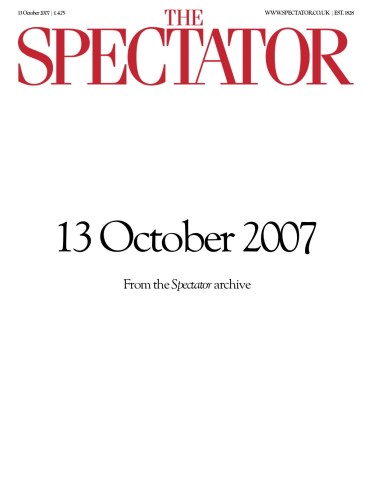Moving between philosophy and science
This is the latest in the long- running series of popular books that Steven Pinker, a professor in the Psychology Department at Harvard, has written about the human mind, particularly about the nature of thought and its relationship to language. Pinker is extremely interested not only in the nature of language, and the way in








